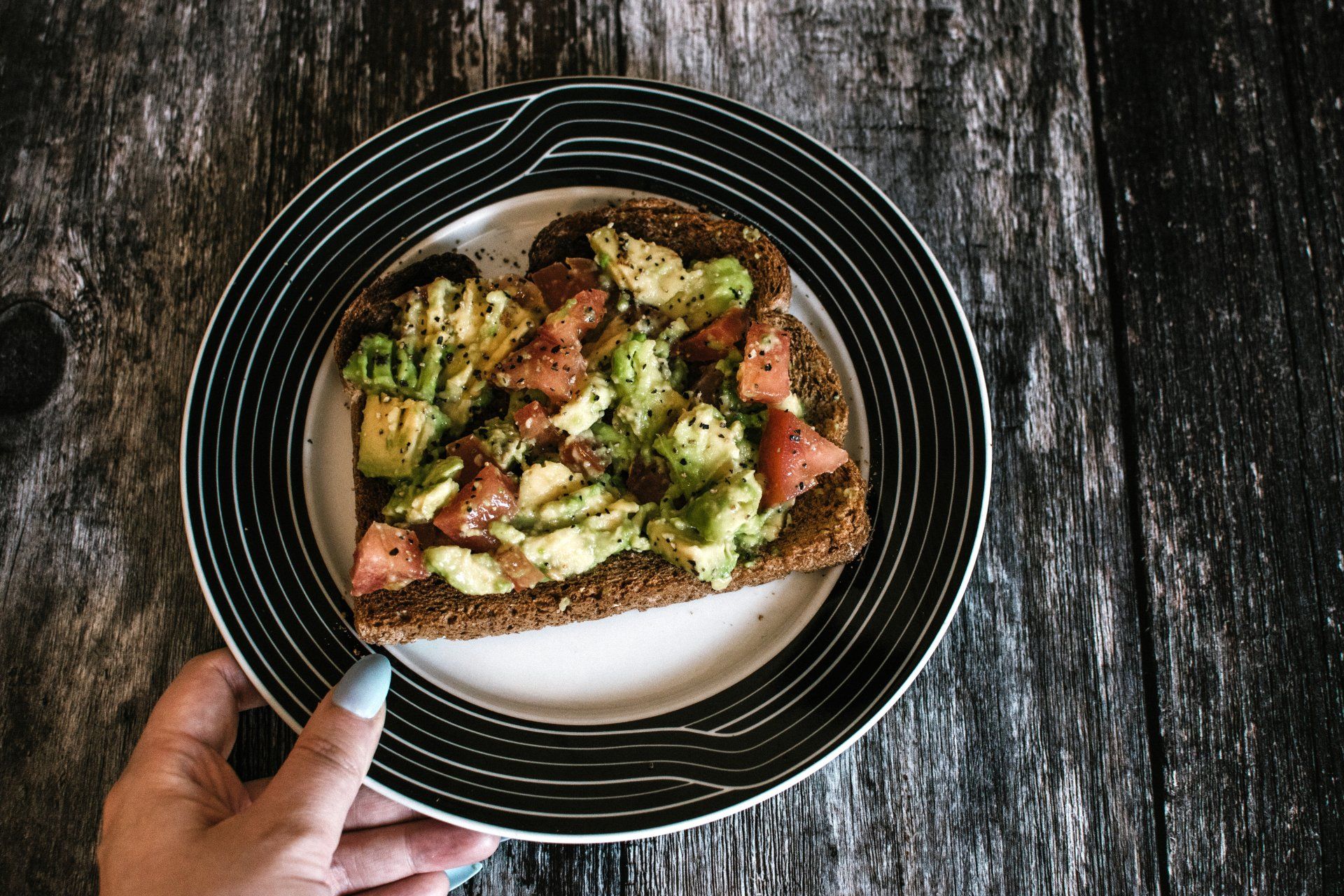Reading time: 7 mins
If you’re looking to get help with binge eating, it’s likely you’ll have come across the term “anti-diet”. You may even have noticed that many binge eating coaches, counsellors and therapists refer to themselves or their method as anti-diet.
The anti-diet movement is opposed to “diet culture”. In a nutshell, diet culture refers to the underlying collective beliefs that many of us hold; that thinness equates to health, attractiveness and being a “good” person. In a sense, being thin has become a moral virtue. This in turn has led us to our obsession with scrutinising our bodies and dieting to lose weight.
And if this is the stage you’re at, I encourage you to get angry. Rage it out. Go throw some paired socks at your wall and shout into a pillow!
But then slow down and take a breath. Let’s look at the anti-diet movement in another way…
Why I don’t believe anti-diet is the way forward
It may surprise you to know that as someone who had a binge eating disorder for 14 years and now helps other women to free themselves, I’m not an anti-diet coach. And I feel like a rebel in the binge eating support world because of this.
It was around 2017 when I learned the term anti-diet, and like a good student of
intuitive eating back then, I rejected everything about diet culture (principle 1 of 10 is “reject the diet mentality”). Part of me felt like “yes, this is it! This is how I’m going to stop binge eating”. However, another part of me felt like something here was missing.
It took me a couple of years of consuming all things anti-diet - books, podcasts, Youtube videos and Instagram accounts from anti-diet dieticians and educators, to really uncover these four reasons within myself…
Reason 1: Be for, not against
Reason 2: The movement creates yet more shame
I agree with the anti-diet movement when it tells us that thinness doesn’t equal health. Heath is a very broad term and there is so much that contributes to us being well and feeling good. You may even have heard of the “Health at Every Size” or “HAES” community, whose aim is to de-emphasise weight loss as a health goal.
What I have found, however, is that the anti-diet movement can create an environment where wanting to pursue wellbeing through the food we eat is made wrong. It’s not something that is outrightly said, but instead is an undercurrent of many of the conversations around food and health from the anti-diet perspective.
This can be easily argued against by those who are part of the movement because it’s not what anti-diet is meant to be about. But the truth is, many of us do feel as though we’re not allowed to focus on eating nourishing foods in our binge eating recovery. This is something that I felt, and know many others have from both coaching and personal conversations.
In binge eating recovery you want to take away the shame and guilt for eating what you truly desire and need. Not just move the shame from eating “unhealthy” foods to eating “healthy” ones.
Reason 4: Anti-diet can be a helpful stage, but it’s not the goal
Contrary to the previous points, I do believe that for some of us who have been really wrapped up in diet culture, anti-diet can be a helpful stage as part of binge eating recovery.
Getting angry at and rejecting diet culture can have its place. You may need to go through this stage in order to leave behind old dieting, restrictive eating and obsessive exercise patterns. But that’s all it needs to be, a stage.
I like to think of this just like the 5 stages of grief; denial, anger, bargaining, depression and acceptance. Grief may be a very alive emotion in your recovery - grief for the loss of time or health, for your old self, the body you always wanted or the fun you missed out on… To get to acceptance and recovery, you have to move through each stage, anger being one of them.
So what is the right way?
Diet culture isn't the way forward, but neither is anti-diet. And you know what, that’s okay! There is a middle path paved for you. I’ve found that letting go of the goal of weight loss in recovery is a key element, but creating peaceful and loving relationships with food, your body and life are too.
In the beginning, this likely will look like reintroducing foods that you’ve previously restricted or viewed as “bad” so that you take away the fear and shame of eating them (my
free mini-course will help you with this). You may have noticed that when you tell yourself you’re not allowed to eat something, you really want to eat that thing, and it’s what you often end up bingeing on.
Once you’ve done this healing work around those foods and they no longer hold power over you, it becomes more of a choice as to whether you want to eat them or not. You don’t need to feel bad for supporting your health through the food you eat, in the same way that you don’t need to feel bad when you choose to enjoy an ice cream with your friends.
I hope this article provides a helpful perspective to you, whether or not you’ve resonated with the anti-diet movement. I know this can be quite an emotive topic and so I really encourage you to explore it for yourself; take in some other people's perspectives, and see what feels right to you.
I’d also love to hear your thoughts about anti-diet - we can all learn something from one another so please leave a comment below.



